Welcome to Cluckin.net
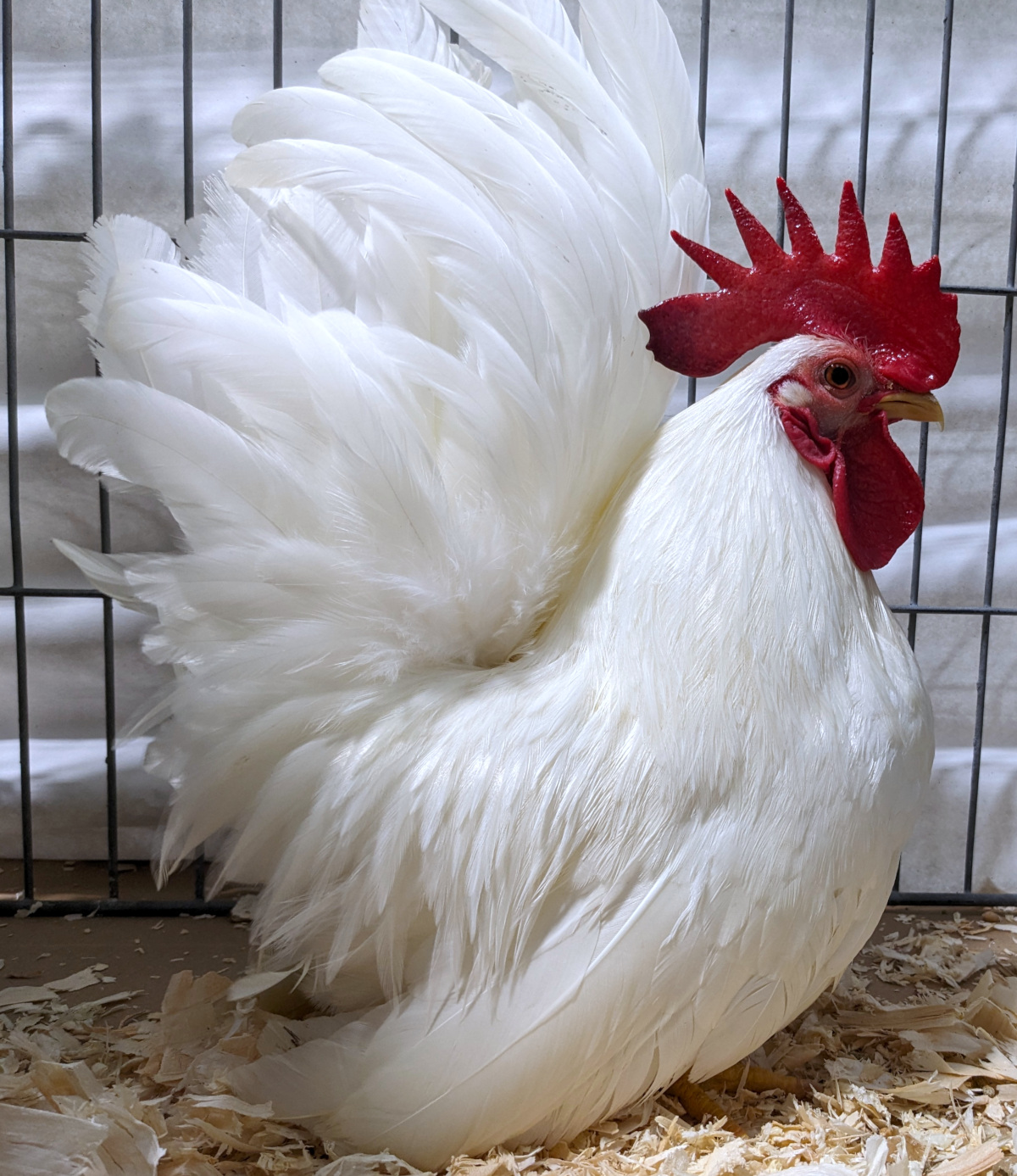
On this site you can:
Table of Contents
This site is an AI free zone. All the pictures are real birds and content is produced by a real human being!
Shop with us:
We now sell a variety of coloured and black and white prints related to chickens and poultry.
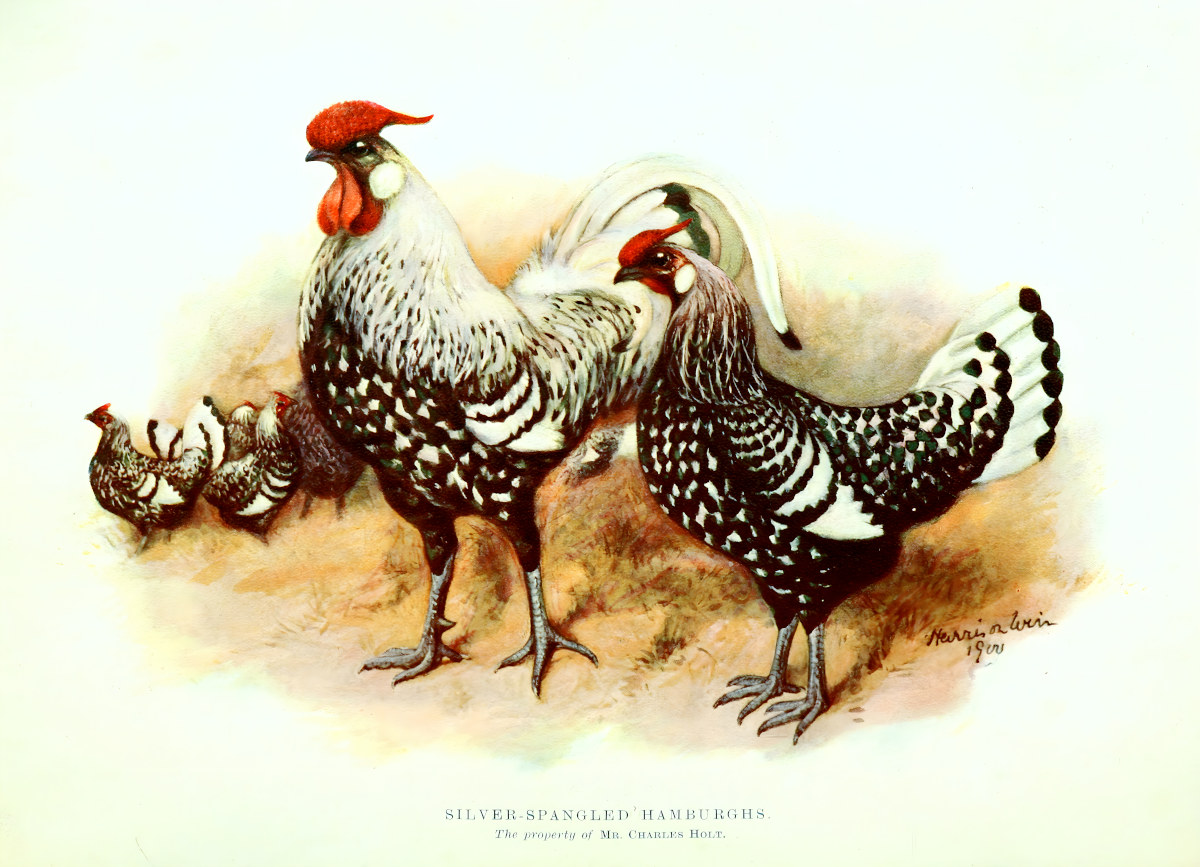
Colour prints are here and the black and white prints are here.
Calendars are coming soon.
Below: I also source and hatch rare breeds to order. (UK only and fully booked until 2025).
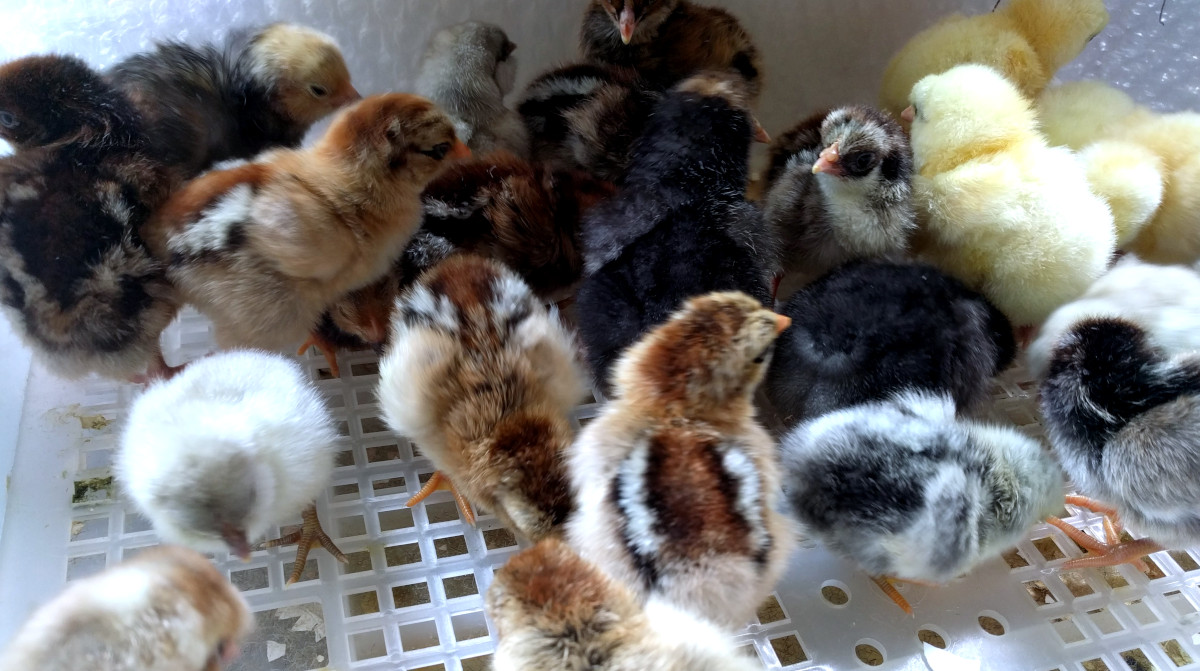
Available in batches of between 20 and 50 during the season.
New content:
My latest content:
 | 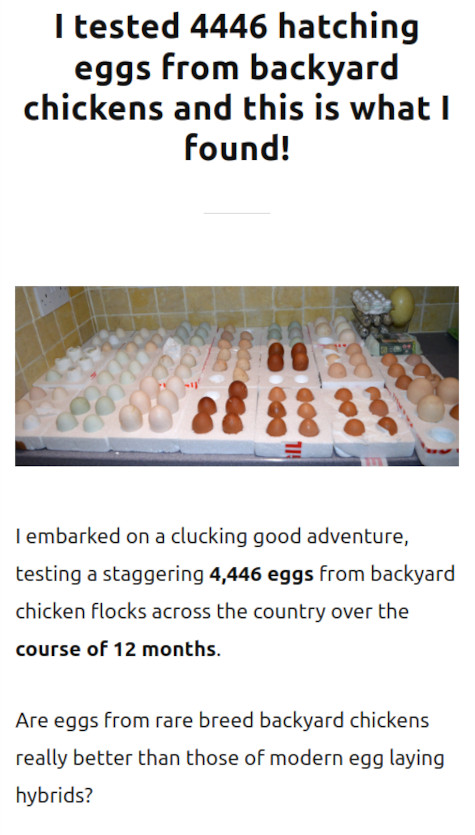 |
Top Content:
Our most read content:
 | 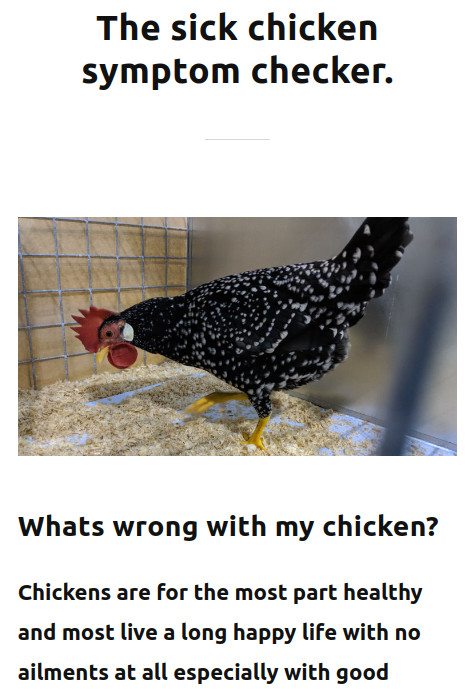 |
Research:
I like to study the research into chickens to see if it can help backyard keepers improve the lives of their hens. I go trawling through the scientific studies to find the real truth.
Find out what the science says about whether eggs should incubated on their sides or upright and whether or not periodic cooling helps incubation and makes for stronger chicks.
Join the email list:
Want to be kept up to date with what is happening on the site - Join the email list.
Resources:
I produce a series of resources for educators and homeschooling around chickens, poultry and their well being.
I have released hundreds of images under creative commons - https://www.flickr.com/photos/96919536@N06/albums
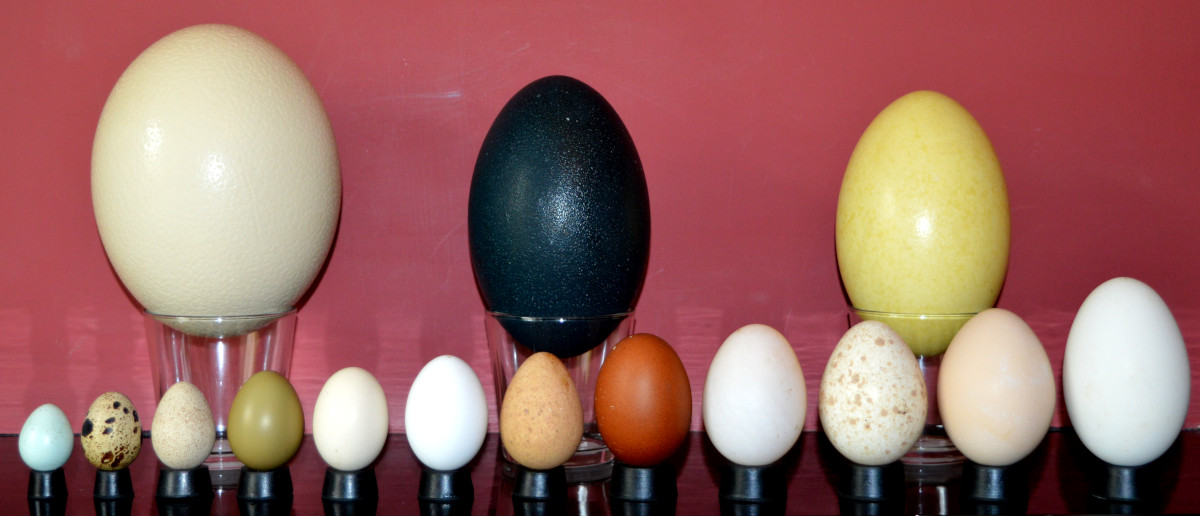
This is my resources page - https://cluckin.net/chicken-keeping-links-and-resources.html and I also have a LinkedIn group where I share the best poultry content from the web - https://www.linkedin.com/groups/12678637/
Contact or follow on Social Media:
You can read my Bio here or contact me or follow on Social media.
